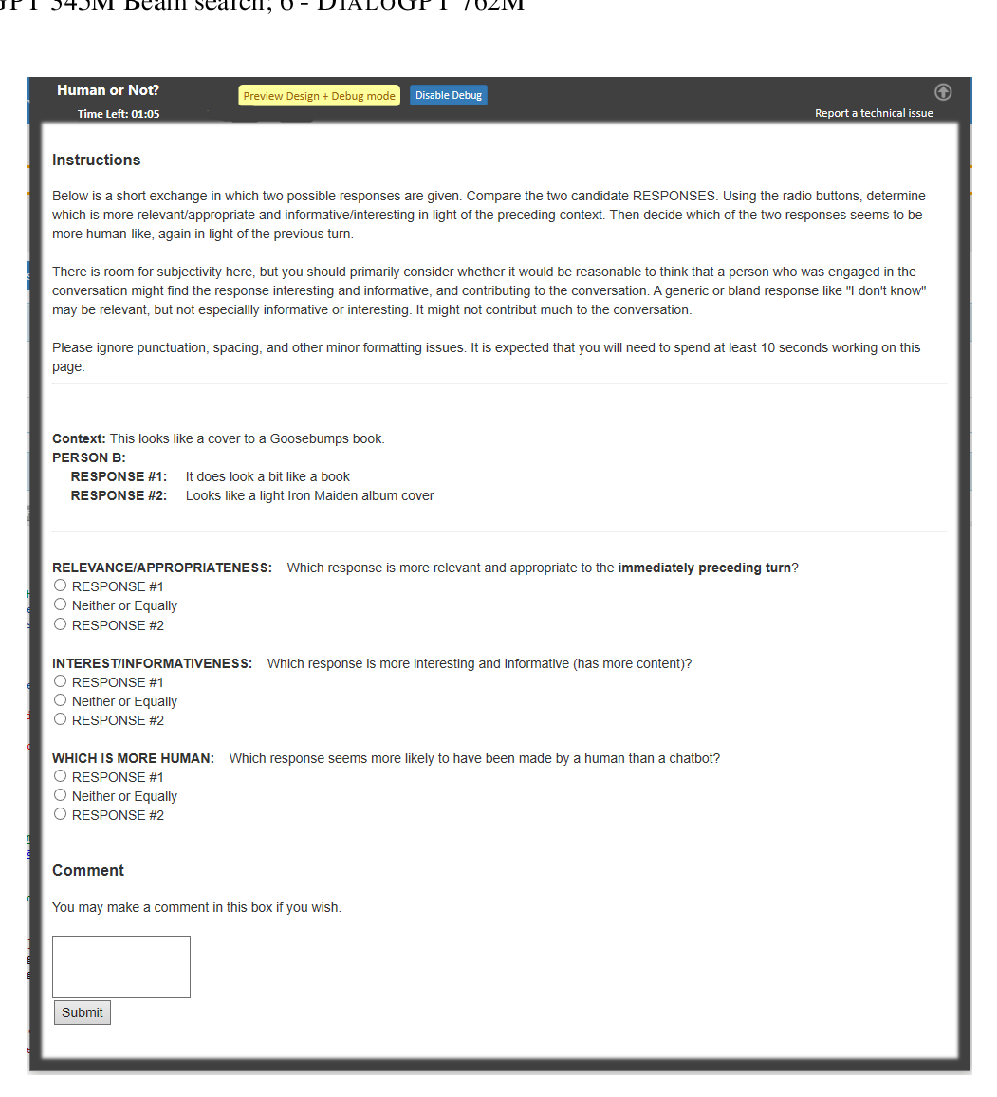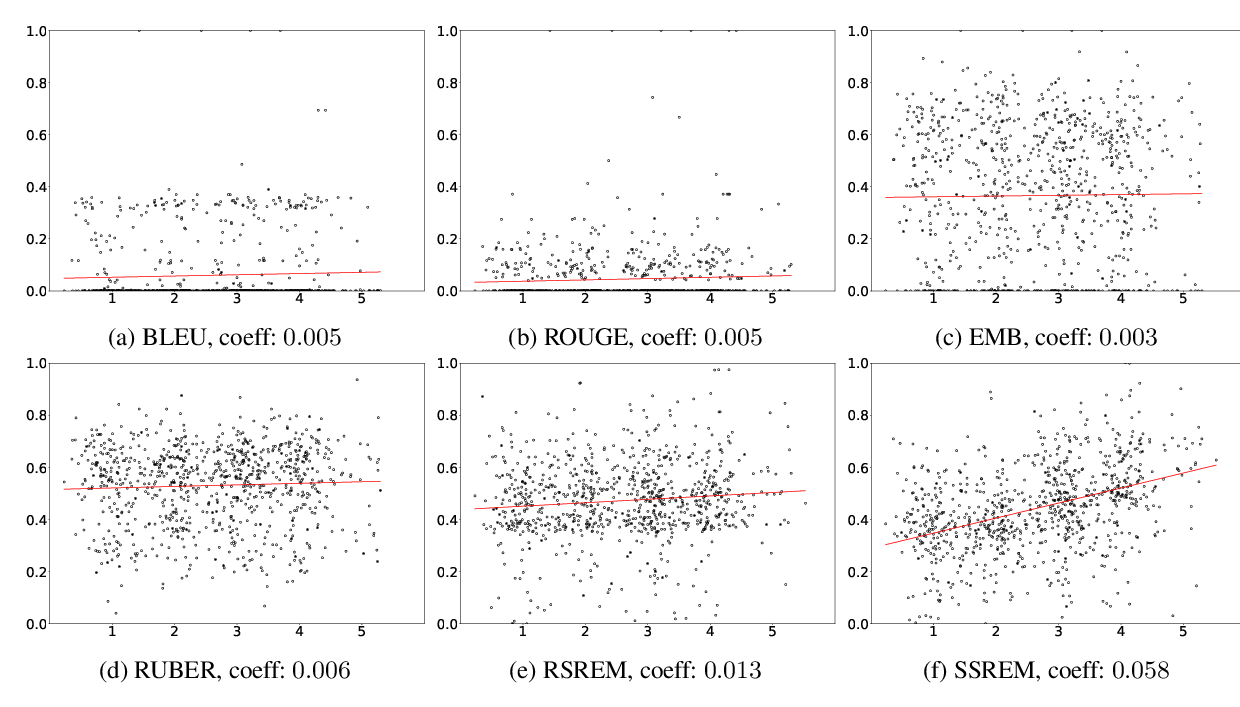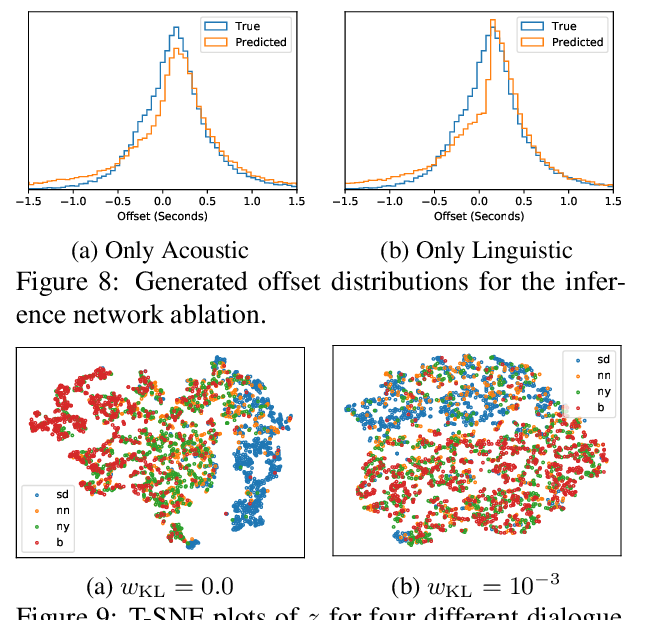Multi-Domain Dialogue Acts and Response Co-Generation
Kai Wang, Junfeng Tian, Rui Wang, Xiaojun Quan, Jianxing Yu
Dialogue and Interactive Systems Long Paper
Session 12B: Jul 8
(09:00-10:00 GMT)

Session 13B: Jul 8
(13:00-14:00 GMT)

Abstract:
Generating fluent and informative responses is of critical importance for task-oriented dialogue systems. Existing pipeline approaches generally predict multiple dialogue acts first and use them to assist response generation. There are at least two shortcomings with such approaches. First, the inherent structures of multi-domain dialogue acts are neglected. Second, the semantic associations between acts and responses are not taken into account for response generation. To address these issues, we propose a neural co-generation model that generates dialogue acts and responses concurrently. Unlike those pipeline approaches, our act generation module preserves the semantic structures of multi-domain dialogue acts and our response generation module dynamically attends to different acts as needed. We train the two modules jointly using an uncertainty loss to adjust their task weights adaptively. Extensive experiments are conducted on the large-scale MultiWOZ dataset and the results show that our model achieves very favorable improvement over several state-of-the-art models in both automatic and human evaluations.
You can open the
pre-recorded video
in a separate window.
NOTE: The SlidesLive video may display a random order of the authors.
The correct author list is shown at the top of this webpage.
Similar Papers
Evaluating Dialogue Generation Systems via Response Selection
Shiki Sato, Reina Akama, Hiroki Ouchi, Jun Suzuki, Kentaro Inui,

DIALOGPT : Large-Scale Generative Pre-training for Conversational Response Generation
Yizhe Zhang, Siqi Sun, Michel Galley, Yen-Chun Chen, Chris Brockett, Xiang Gao, Jianfeng Gao, Jingjing Liu, Bill Dolan,


